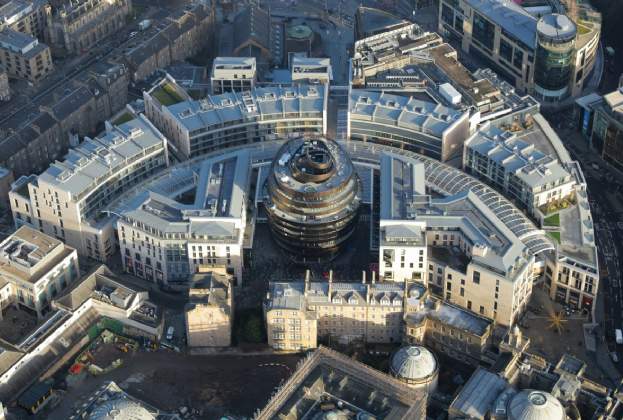Retail is changing at an unprecedented pace.The rise of online shopping has been a key driver, yet the desire to touch and feel products before purchase means physical stores continue to play an integral role. While consumers may shop online for convenience, they look to shopping centres and other retail destinations for ‘experiences’, such as diverse food and beverage and leisure offers, access to new brands via pop-up shops or the use of augmented reality and other new technologies in store.
For retail landlords, technology innovations are enhancing the all-important customer experience, increasing dwell time and, crucially, encouraging consumers to return. One example is smart parking concepts, which use cameras with licence-plate recognition to remove the need for a ticket or on-site payment. Shoppers can simply drive in, drive out and have their card billed directly, followed up with an email receipt.
Technology is also helping landlords to better understand shopper behaviour at both a macro and micro level. New GPS tracking systems gather anonymous data from mobile phones, providing information about the frequency of trips, shopper flow, dwell time and retailers’ individual share of visits. For landlords, this can provide vital insight into how space within schemes can be used more effectively. Individual retailers, meanwhile, can use the data for insight into their key shopper profile and develop strategies to boost performance.
In the current security-concious climate, the development of 360 degree CCTV – providing panoramic views and infrared monitoring – can both improve security at retail schemes and act as a useful footfall counting solution. Other innovations include tiny body cameras placed discreetly in or on security staff’s clothing, which are used as a mobile monitoring system and can help provide video evidence as well as diffuse critical security situations.
The importance of digital placemaking in retail has also increased as high-quality internet and mobile access is now the expected norm. Commercial real estate rating systems that empower landlords to understand, improve and promote their building’s digital infrastructure, are already established in the offices sector and we could start to see similar systems introduced in retail.
In the residential property management sector, robotics and artificial intelligence systems are already being used to proactively 'learn' when critical instances are likely to occur and react to situations by informing the relevant parties. Again, we could begin to see retail landlords introduce robotics in similar ways over the next few years.
While it is early days for many of these initiatives actually being introduced at shopping destinations, what’s certain is that the future of retail property management is one on which it is intrinsically linked with technology.
Further information
Contact Savills Retail Management
.jpg)



.jpg)

.jpg)



.jpg)